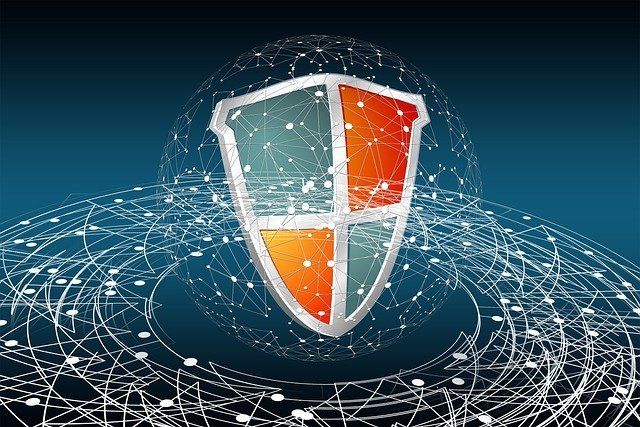Why Businesses Need Cybersecurity Insurance

The threat of a cyber attack is always present, cybersecurity insurance is designed to protect your business in the event of a financial loss from a cyber incident.
A successful cyber-attack can take a huge toll on your organization. This may include data loss, business disruption, lost productivity, and reputation damage. These are some of the liabilities that may be covered by cybersecurity insurance.
Cybersecurity insurance is a contract that can help companies reduce the financial risks associated with internet-facing businesses. The insurance transfers some of the risk involved in doing business online from the customers to the insurance company. Cybersecurity insurance is a subset of errors and omissions (E&O) insurance which deals with faults and defects associated with the services of a company.
Most providers of cyber insurance sell the policies separately from other offers as it is relatively new.
What is Covered by Cybersecurity Insurance
The risks covered by cyber insurance is based on 3 basic principles:
- Loss of revenue or income caused by business interruption or direct theft
- Money spend on business recovery
- Liability from lawsuits by victims of attack or regulatory fines
Traditional business insurance policies do not include cybersecurity insurance. This gave rise to the development of specific insurance to deal with cyber security threats. Depending on the policy, cybersecurity insurance may cover the following:
- Extortion demands via ransomware attacks.
- Compensating victims of privacy violations, data leak, or stolen identity.
- Cost of investigation and data recovery.
- Sending notification to customers in case of a data breach.
- Replacing or repairing compromised computer systems.
Basic cybersecurity insurance covers first-party losses only. A third-party coverage will require a comprehensive cybersecurity insurance package. Cybersecurity insurance may not cover security issues caused by poor configuration, attacks by insiders, or the negligence of not patching publicly known vulnerabilities.
Importance of Cybersecurity Insurance
Cyber insurance offers a safety mechanism for companies that want to transfer risk to a third-party so they are able to quickly access resources needed to manage an attack.
The loss or corruption of data can negatively affect a business in the area of customers and revenue loss or the exposure of third-party data. Cyber insurance coverage can support your business to deal with these liabilities.
Many costs arise from lawsuits following a cyber incident. More expenses are incurred for data breach investigation, public relations, and customer refunds. These costs can be partially or fully funded by cybersecurity insurance.
Responsiveness is important when dealing with an attempted or ongoing cyber attack. The right policy can provide a timely solution to your organization’s challenges and help it recover quicker from an attack at a lower cost. They may also provide resources to help businesses defend against cyber attacks and prevent them from becoming victims in the first place.
Insurers may require organizations to implement cybersecurity measures as part of contractual obligations. This will strengthen the defense of the target organization. Cybersecurity insurance policy assessment can also uncover the most vulnerable attack surface areas in an organization. With such information, management and employees can take necessary actions to reduce risks of attack such as organizing training on how to identify phishing emails.
Businesses with cyber security insurance will be more security conscious because they are expected to develop business continuity and disaster recovery plans.
Cyber insurance can kick in case of lost devices containing personal information. The insurer may recommend legal counsel to affected customers and also organize an incident response team.
A cyber insurer may reimburse your business for the cost of hiring forensic investigators to determine the extent of a data breach and the cost to customers. It could also cover the cost that may be incurred during the period of restoring a business from a cyber incident.
Cyber insurance will also give your company access to the service of security experts and risk management agencies.
How to Choose a Cybersecurity Insurance
Cyber insurance policies vary widely among providers since it has only been around for a short time.
Before a policy is activated, companies are subjected to a security audit by insurers or required to get official reports from trusted third-party institutions. This report will influence the type of coverage needed by a company.
You should thoroughly review the details of prospective cyber insurance policies to ensure that it covers all the peculiarities of your business.
Cybersecurity insurance can help protect your company in case of a cyber incident but you should not take it as the complete solution to cyber threats. Your goal as a business is to avoid filing cyber insurance claims by implementing the proper cybersecurity measures to defend your organization’s IT infrastructure.
To learn more about your IT security options, please contact us today.
The post Why Businesses Need Cybersecurity Insurance appeared first on SDTEK | San Diego, CA.


